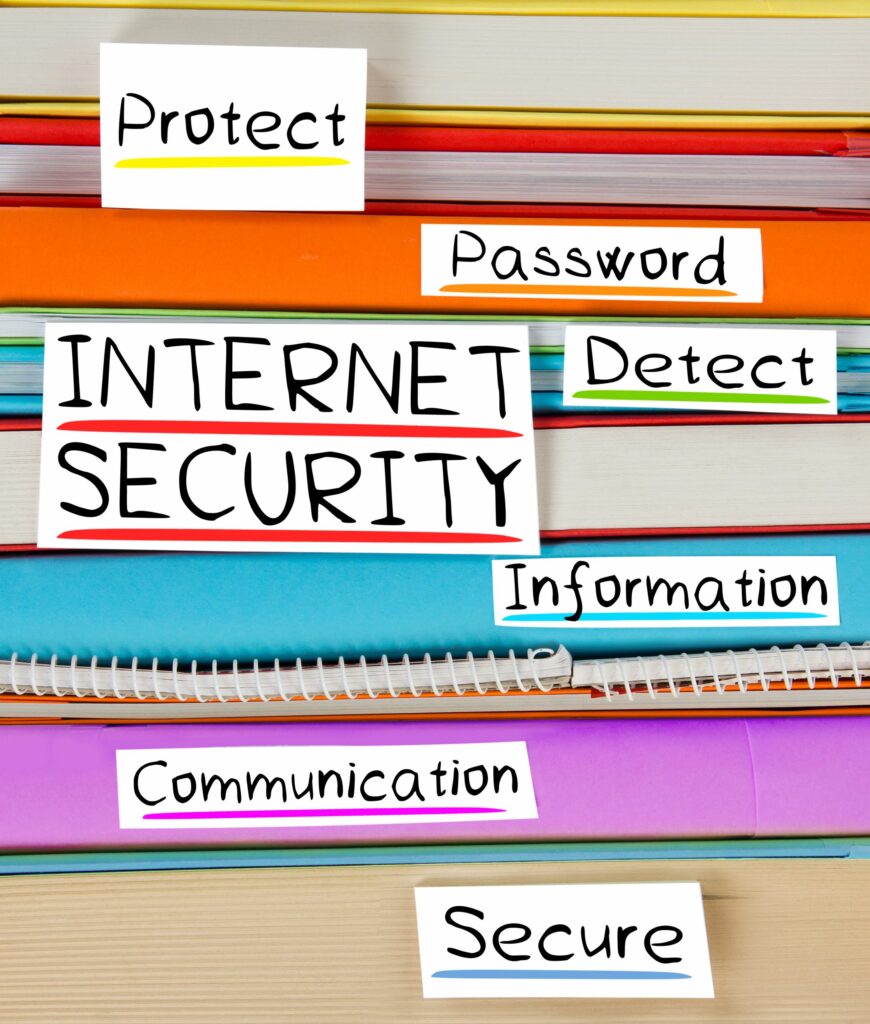Paedophiles, organized crime and cybercriminals are taking advantage of the pandemic states Europlol.
Fraudsters, cyber-criminals, organized crime groups and paedophiles are taking advantage of the coronavirus pandemic to massively increase their activities across the EU, recently said the head of Europe’s law enforcement agency.
Physical lockdowns in so many countries have recently seen a reduction in crimes like burglaries, but Europol has now reported a large increase in online crimes. These aim to exploit heightened anxiety and also that many people are working from home.
Exploiting Fear
Some of the cyber-attacks have been highly coordinated, aimed at critical infrastructure including a hospital in the Czech Republic, that shut down its IT system after an attack that forced it to re-route patients to other facilities.
“We cannot forget what is going on in the criminal world,” Europol Executive Director Catherine de Bolle warned Europe recently. “The criminal organizations are using people’s fear, using the fact that they are looking for information.”
Targeting children
With schools closed across Europe, Europol has also noted an increase in child exploitation as so many children spend much more time online — leaving them now fully exposed to paedophiles who have upped their activity. National police forces, meanwhile, have seen a large increase in domestic violence, and with 30% increase reported in France alone over a week.
Other schemes include fraudulent coronavirus tests, fake masks and sham pharmaceutical products being offered as ‘treatments’ for COVID-19.
Shortages
A “boom” area for crime also is counterfeiting, with criminals taking advantage of shortages, and as anxious people go online to purchase health care products.
There are also fraudulent coronavirus tests, fake masks and sham pharmaceutical products being touted as treatments for COVID-19. Businesses in a number of EU countries have been duped by false suppliers who don’t deliver orders.
‘The grandmother trick’ adapted to the pandemic for 2020
The deluge of coronavirus crimes — although De Bolle said it was too early to say whether crime overall was now up or down — is putting immense pressure on police forces that are already working to absolute capacity now enforcing stay-at-home orders
De Bolle and Ylva Johansson, the European Commissioner for Home Affairs, have said that the new challenges of crime-fighting focused the need for information-sharing across borders. “When the patterns of criminality are changing so rapidly, this shows the importance of enhanced digital capacity for law enforcement,” remarked Johansson, who also said that her office still aimed to publish a Security Union strategy in June, on schedule.
Who is behind this?
De Bolle also added that both individual criminals and also organized crime are fully taking advantage of the situation. With regard as to who was behind some of the larger-scale attacks against critical facilities she then said: “At this moment it’s too early to say that we have to deal with state-sponsored attacks.”
Europol’s report, which is titled “Pandemic Profiteering” and collates information from police forces across Europe, puts special emphasis on the growth of cybercrime.
Instead of inventing new schemes, cybercriminals had adapted traditional email “phishing” scams for the times by making them about COVID-19 or the coronavirus in order to draw quick attention.
Risks of cyber criminality have been greatly worsened by the fact that millions of people are working from home.
Fake doctors
“They are more and more sophisticated,” said De Bolle of the phishing scams, most of which aimed to install malware — malicious software — by getting people to click on files. “We are also seeing fake sites and fake news and fake news coronavirus solutions.” Property crimes are down, but Europol said in its report that an increase was expected as commercial establishments become empty and people in cities move to secondary residences. One scam known as the “grandmother trick” or the “nephew trick” involved fake doctors asking to be introduced into homes to administer a test for the coronavirus — only to be robbed.
“A lot of people accept this and let these criminals come into their homes,” said De Bolle









